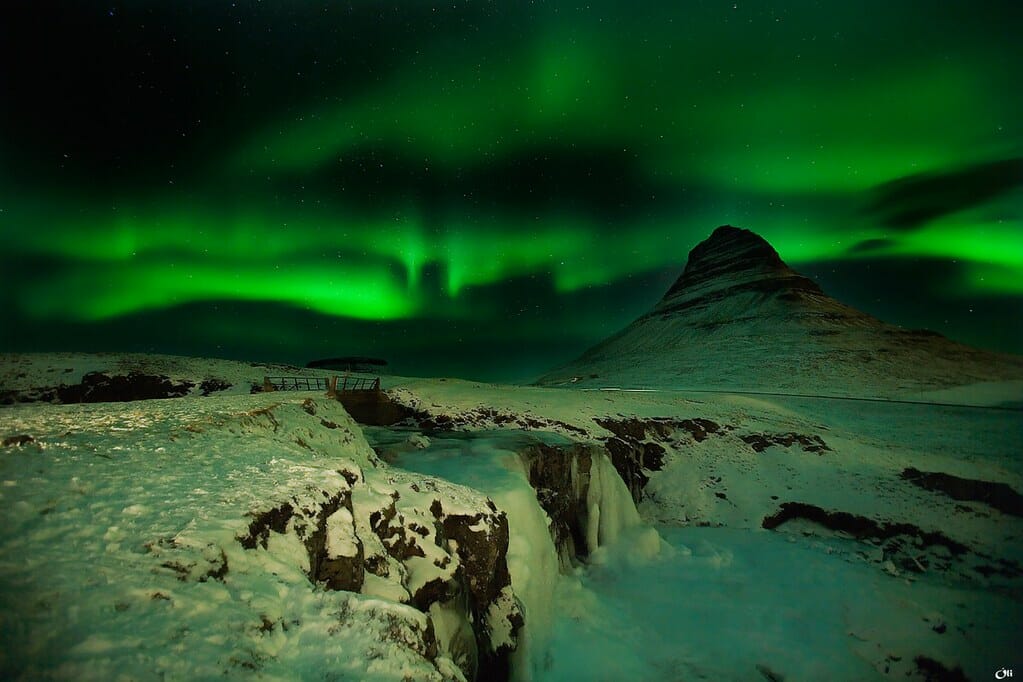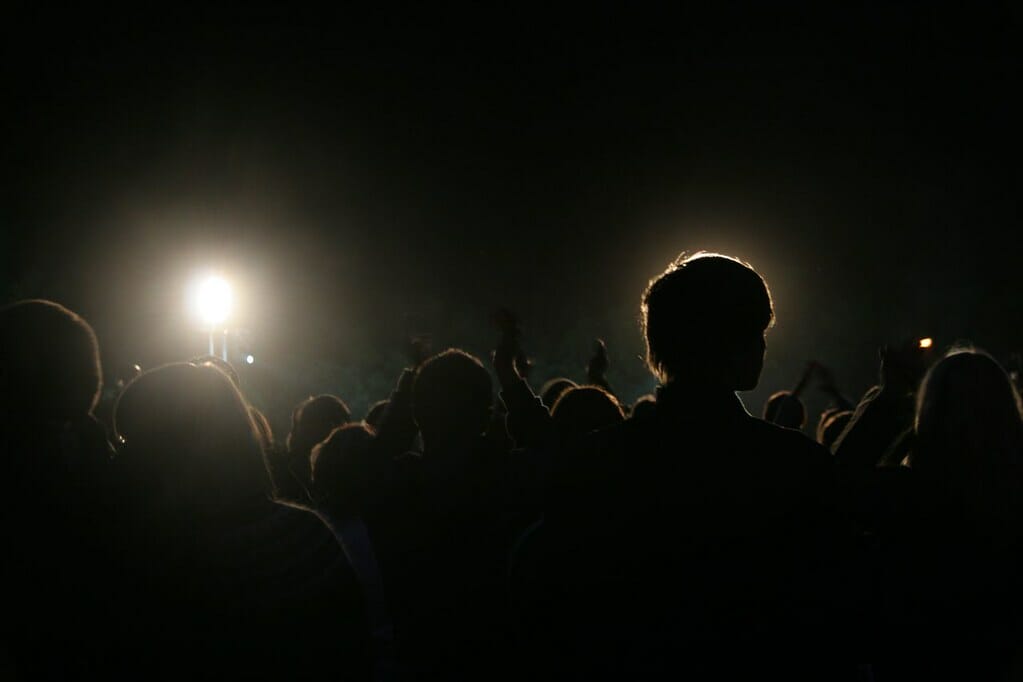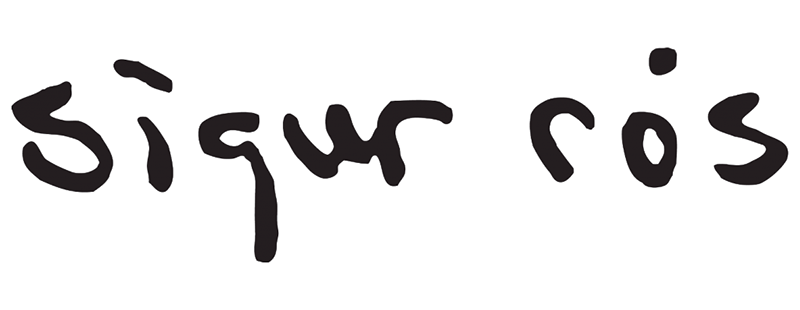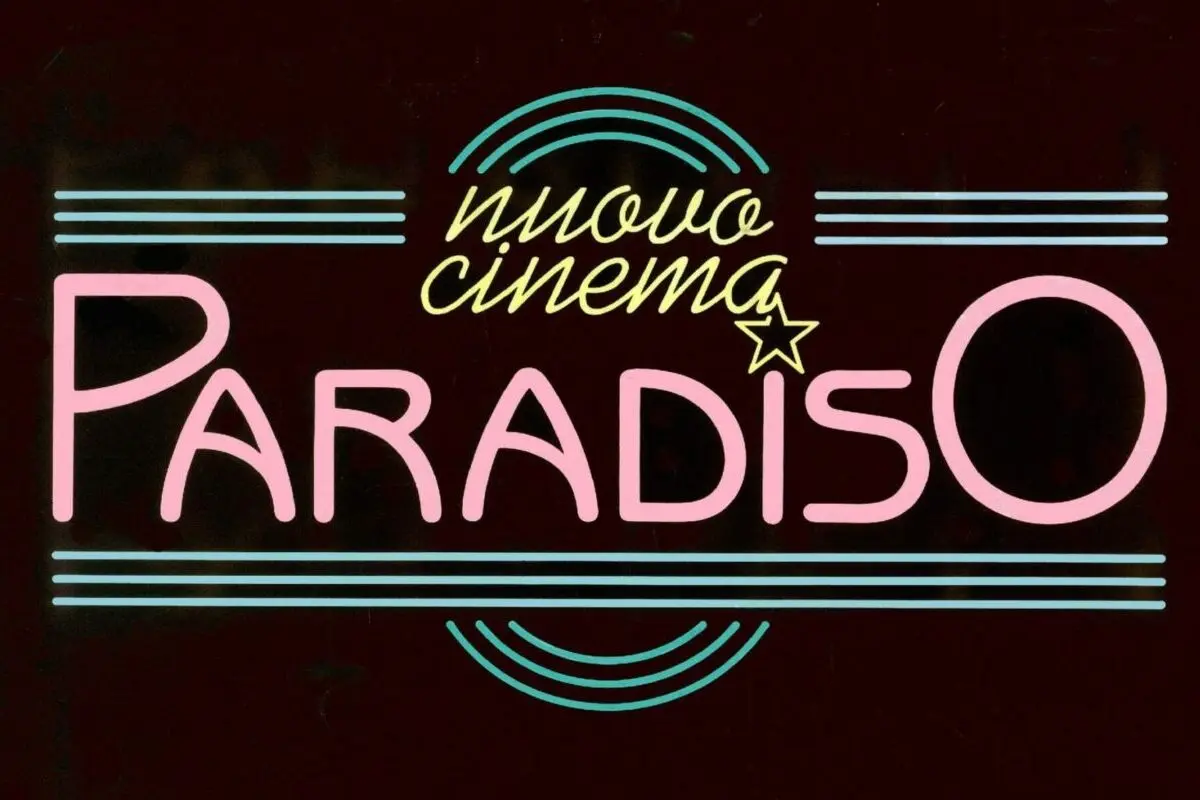
Átta | After ten years, the comeback album of Sigur Rós
Artist
Year
Country
Tracks
Runtime
Produced by
Label
Country
After a long, cold night lasting ten years, the army of fans of the Icelandic band Sigur Rós is finally done starving: fresh out of 2023, their eighth studio album Átta popped out of the ice.
The north European group formed by lead vocalist and guitarist Jón Ϸór Birgisson (Jónsi), bassist Georg Hólm and keyboardist Kjartan Sveinsson, made their audience wait for its return quite a while. A wait that, now it can be said, was worth the while. Átta, the band’s eighth studio album, is a magnificent experience. Ten tracks, each trespassing on the next, compose what is an altogether beautiful, intimate and devastating journey. If that hasn’t sold it yet, Sigur Rós’ album Átta stages, for the first time in a studio album, the support of none less than the London Contemporary Orchestra.
- The return of post-rock
- The voice goes back to serve the music
- Átta: the Film Experiment
- Blóðberg – Johan Renck
- Andrá – Katya Gimro X Alexey Krupnik
- 8 – Rúrí
- Reykjavík 1994: back to the roots
The return of post-rock
When it started in 1994, the project founded by Jónsi, Georg Hólm and the first drummer Ágúst Ævar Gunnarsson was already a visionary, goosebump-inducing experiment. The ethereal sounds, Jónsi’s celestial vocals, the use of Icelandic or Vonlenska – a non-linguistic vocalisation merged to the instruments – the use of bowed guitar. Sigur Rós appeared on the scene as an already blossomed post-rock rose. A Sigurrós or victory rose, to be precise.
Since then, the group has changed shape and size many times while releasing studio albums and collaborating on multiple projects also in the movie industry. After the work Kveikur, realised in June 2013, the members split to work on separate projects (except for Sveinsson, who had already departed the group in 2012).
Then, not long before Covid, Kjartan Sveinsson went to visit Jónsi at his house in LA. There, they played together for the first time in ten years. That’s when Sigur Rós’ album Átta appeared at the horizon.
We did like, did a kind of recording jam session in my basement. We had my guitar with a cello bow and effects, and he rented a Yamaha CP70, like an electric piano with strings and harps, and we basically started to play. It was great.
Jónsi in an interview with Bob Boilen’s for NPR music

Then Covid hit. Two years went by before the duo could reunite. They put down some ideas. Then Georg Hólm joined and that’s when the jamming started to become an album. They recorded it and then flew to Abbey Road in London to record it again with the orchestra.
The voice goes back to serve the music
The harmony between orchestral sounds and Jónsi’s voice is stunning.
But what is Jónsi singing? Well, nothing. Only nonsense.
I mean, I just think it’s so weird and funny that- three guys coming from Iceland singing in Icelandic and nonsense – that people actually listen to it and they
Jónsi
come to our shows and listen to it at their house.
But it is not only nonsense, is it? Sigur Rós’ music says it all without pronouncing a word. The band abandons familiar languages in favor of a deeper communication guided by the instruments. Numerous tracks in both Átta and previous works are sung in Vonlenska. The sounds are modeled on the melody and the voice blends fully with the other instruments. The result is a free, heartbreaking, overwhelming sound. Without suggestions or even hints at a meaning, the experience is completely personal, intimate and liberating.
Everybody makes their own meaning and interpretation in their mind. And I think that’s kind of amazing. You’re not like being spoon or fed some specific lyrics.
Jónsi

So often, in the musical experience, the voice is the designated driver. The audience follows it as a track to understand the music. Sigur Ros have dismantled this idea time and again. Their voice is, almost, an unreliable narrator. It appears it is leading somewhere, but it’s just heading deeper and deeper into the abyss of music itself.
Átta’s sound is visceral, profound, almost ‘terrestrial’. The tracks are modest in length, but they run like a river of silk, each to the next, a 56-minute caress that passes in a squeeze of the heart. None of the tracks follows the traditional pattern of a song. Each has its own linear form and they move together in a flow that very few times repeats itself. The cut from one piece to the next is invisible to the point of making it hard, without seeing the cuts on a screen, to identify ten songs instead of a single flow.
Átta: the Film Experiment
The band defined the project as a ‘multimedia experience’. In addition to the involvement of the orchestra, the group decided to launch the Átta film experiment: ten music videos by ten different directors. Filmmakers are invited to explore their own visual interpretation of the chosen track. Sigur Rós is once again celebrating the freedom of creativity, this time by offering the stage to a variety of other creators from diverse backgrounds.
Blóðberg – Johan Renck
I feel as nihilistic as one could regarding the future. We are powerless againts our own stupidities. Some aspects of this came to merge with my impressions of the themes of Blóðberg. The music becoming a score to my own miserable thoughts, giving them beauty as only music can.
Johan Renck, director of the music video of Blóðberg
It kind of feels like it’s somebody drawing his last breath or he’s dying or he’s taking a bow. But to me, it’s also like coming back to Iceland on, like, the perfect, beautiful summer day where the sun is shining and you lay in the moss and just breathe in
Jónsi
Andrá – Katya Gimro X Alexey Krupnik
I wished to show how Sigur Rós is the soundtrack of our lives through happiness, pain, hope, grief, and love. The short documentary, Andrá, celebrates the way in which Sigur Rós captures and channels the humanity that unites us all.
Katya Gimro on Sigur Rós
8 – Rúrí
Among the many gems of the album ÁTTA, it was the song ‘8’ that captivated me. It immediately connected not only to the present, but also to infinity. Catharsis – soft, melancholic, powerful and uplifting.
Rúrí
Reykjavík 1994: back to the roots
Altogether, the album is a walk back to the origins of the band. Stripped of all the weights derived from acquiring international fame at a young age, Sigur Rós return to making music with only expressiveness, without obligations, deadlines and expectations, past or future ones.
And I remember, yeah, there’s definitely something … not gloomy, but, I don’t know, something heavy but also hopeful at the same time.
Jónsi









